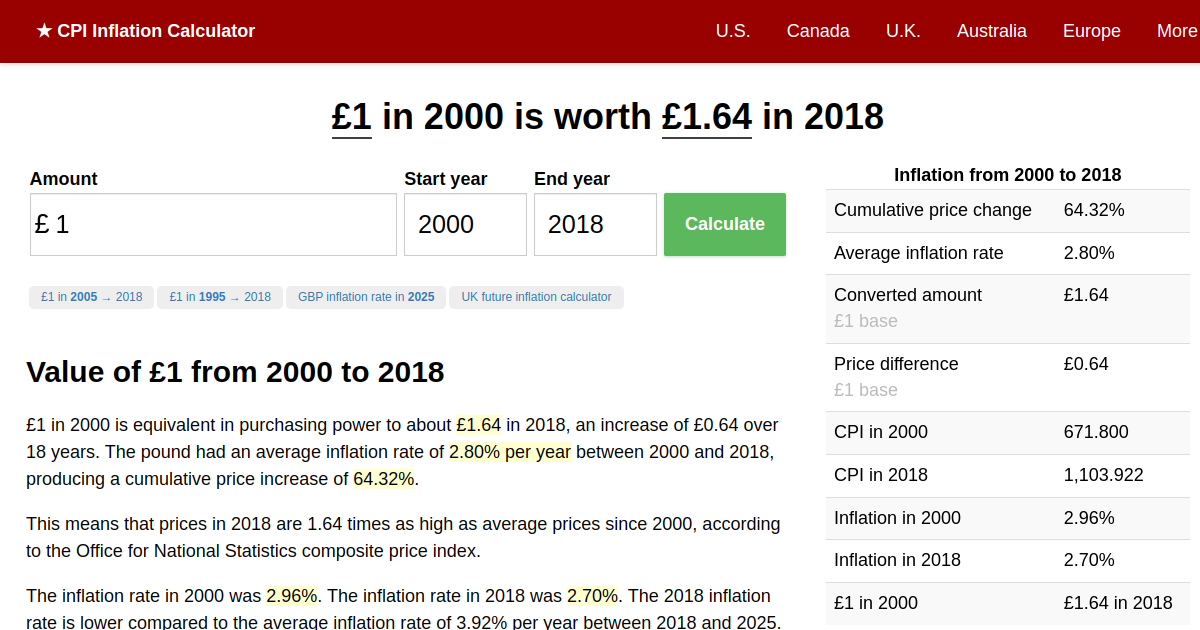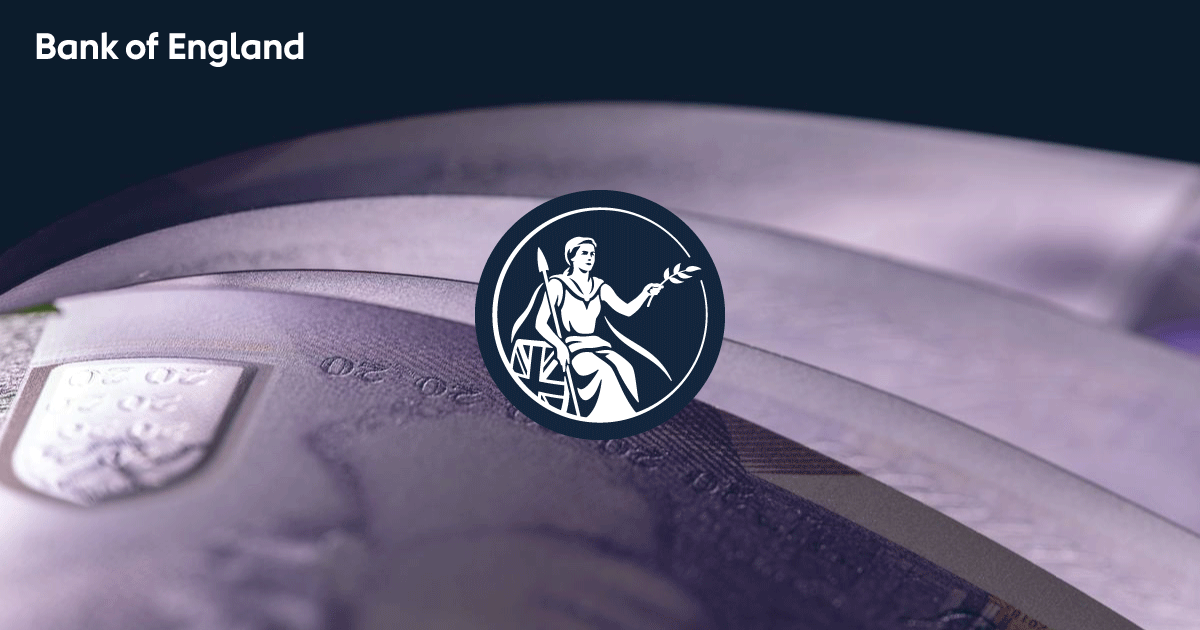The UK govt has it's own fiat, floating currency.
UK to unveil record £400 billion borrowing plan next week
British finance minister Rishi Sunak will announce the heaviest public borrowing since World War Two when he spells out his spending plans next week after the biggest economic crash in over 300 years.www.reuters.com
It's all nonsense trying to justify nonsense. You cannot magic money out of thin air, which is the impression that you and your dishonest governments are trying to give.
It instructs the BoE to create new £'s, via keyboard strokes, every time it buys something.
It happens every day.
Gordon Brown 'first used' MMT?? what nonsense.




